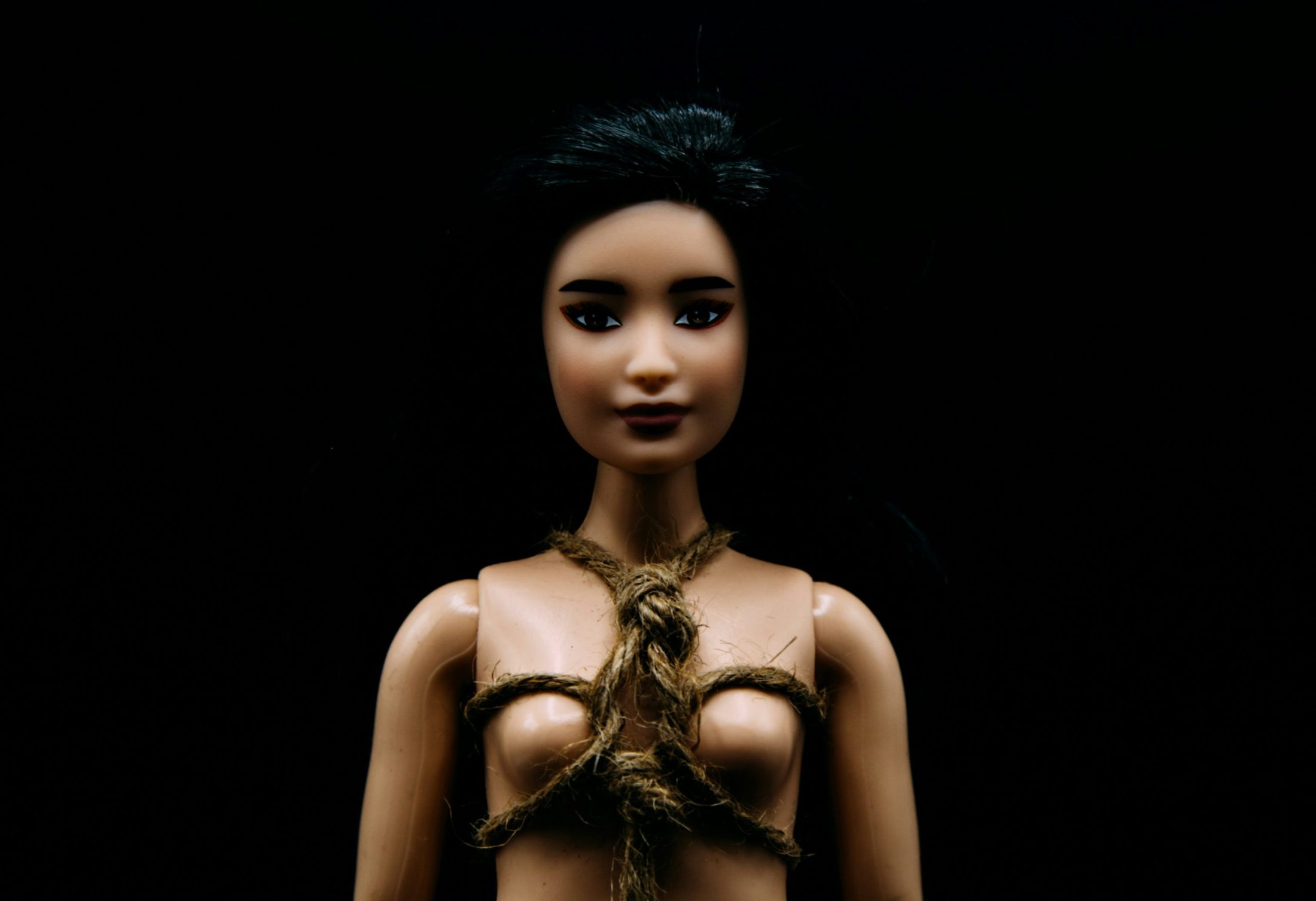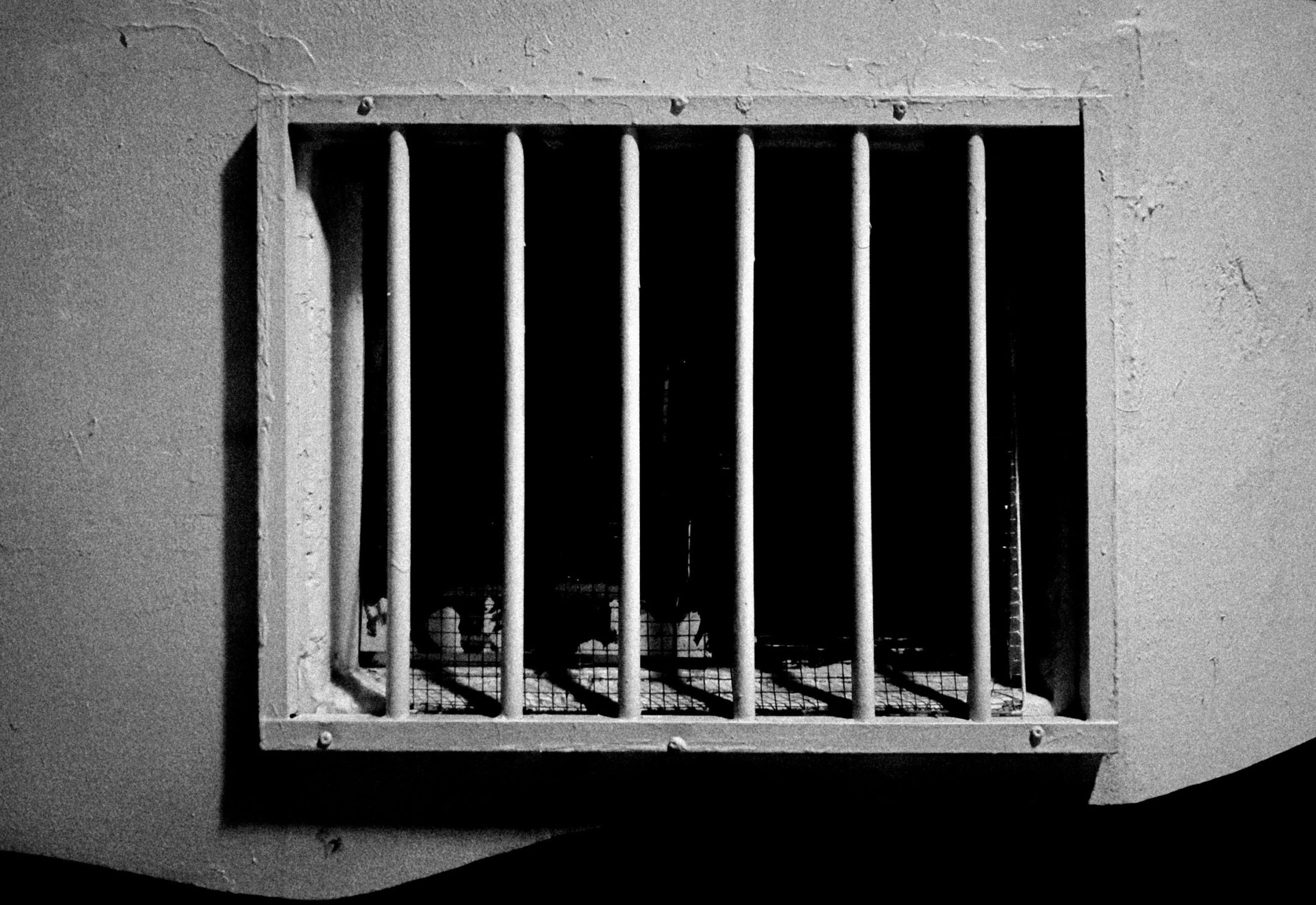Lit Mags
Notes on a War-Torn Childhood
A short story by Sara Nović, recommended by Justin Taylor

EDITOR’S NOTE by Justin Taylor
I was introduced to Sara Nović at the beginning of the Fall 2013 semester, in my capacity as a thesis advisor in the Columbia University M.F.A. program. I began, as I always do, by asking my advisee to tell me about her project. Sara said that she had been working for several years on a novel which juxtaposes a young Croatian girl’s experiences during the Yugoslav Wars with her later attempts to “pass as American” while attending college in New York City. There was just one problem: in the time between signing up and being paired with an advisor she’d sold the novel to Random House (as yet untitled, but due out in early 2015).
I advised her that this was not, strictly speaking, a problem. And yet it did raise a somewhat vexing question as to how proceed. An editor is nothing if not a kind of thesis advisor, and I didn’t think the novel needed two. So I asked Sara what else she was working on, and she said she had some short stories in various states of completion, and so we got to work.
Nović’s stories are sharp, dark, full of urgency and rich with the comedy of despair. (One is narrated by a Deaf teenage boy whose born-again mother attempts to have him faith-healed.) As you’ll see, the setting and concerns of “Notes on a War-Torn Childhood” resonate with the description of the novel given above, but it is not an excerpt.The story, told in distilled, nimble, haunting prose, begins simply: “I’m ten the night my house explodes.”
What follows is a vivid and bracing tale of survival, as Nović shows us the terrible swiftness with which normal life can be obliterated: a city becomes a hellscape, a child is forced to join a war: “Every morning we bike the wreckage formerly known as streets, each with one eye to the ground, pinpointing Četnik strongholds and reporting coordinates back to the Captain. […] They call me Red Sonja, which is a reference to a movie I’ve never seen, but one which they assure me is badass.”
Badass, indeed. Sara Nović’s is a powerful, original, and compelling new voice; one that I hope and expect will be with us for a long time, and which it is my privilege to recommend to you today.
Justin Taylor
Author, Everything Here is the Best Thing Ever
Notes on a War-Torn Childhood
Sara Novíc
Share article
I’m ten the night my house explodes. The sound isn’t a sound, just a vibration so strong it rattles my chest. I come-to face down on the floor, impossibly unharmed, and pull myself on my elbows across the carpet and into the hallway. A section of the house — the part where my parents’ bedroom is supposed to be — is missing. I run. In the street, the pavement is warped from the treads of tanks that have plowed through the neighborhood. I spot a trench, jump down, and follow its rutted path toward the city center.
Deep underground in the public shelter I bypass the cluster of my classmates who are vying for their turn on the stationary bicycle that lights this airless cement box — surrogate playtime, a welcome distraction from boredom and fear. They let me cut the line, and I pedal fast until the lights glow full-strength and my joints stiffen with shock. It’s only when I stop that I notice the blood trickling from my ears and down my neck in thin red escape routes. Other people’s mothers ask me if I’m okay. I don’t like to talk about it.
People in the city are disappearing. People have been forced to walk east; people have become hemic vapor amidst the midnight explosions. We are fortunate they’ve blown up the TV tower, that we cannot turn on the news and see the images the rest of Europe is now viewing and ignoring: pictures of our neighbors, bald and emaciated in camps that the Serbian government is claiming, in the same broadcast, do not exist.
In the morning I run to my best friend Davor’s house. When I get there I double back, thinking I’ve missed it, the landscape rendered unrecognizable by shellings. I don’t find it, but eventually I find Davor. I ask him what happened to his family and he says nothing for the rest of the day.
Everyone left uniforms up into various shades of olive. Even we’ve been issued the smallest soldier-like attire obtainable — camouflage t-shirts and caps smuggled in from Hungary in vans with curtained windows. Davor and I line up with the rest of the town in front of the police barracks, where the sergeant is issuing weapons to people much stronger than us. I tuck my hair under my hat and hope the dirt on my face covers any traces of girlhood.
The sergeant looks us up and down, tells us there are not enough guns for everyone. But when the fighting flares again, some become available. Davor and I find a pair of assault rifles in the gutter across from the schoolhouse, where we’ve taken to spending the night beneath the desks that had been ours when we still had classes. At dusk we kick the bodies, search their pockets for ammo.
With mismatched fatigues and AKs that smack against the backs of our legs, we troll the aisles of the town’s last functioning grocery store. We gather sustenance and carry our stash to the pet food section, an aisle no workers monitor. We tear at the packaging with our teeth; we pass an envelope of powdered soup between us, heads tilted back to accommodate the mixture, salty and stinking of onions. In Croatia, in the fall of 1991, this does not feel like stealing.
We’re taken in by the Safe Housers militia, civilians with weapons and nicknames like Rambo and Scarface. The walls of Safe House headquarters are plastered with pictures of well-oiled topless women and General Ante Gotovina, and the whole place is cloaked in a nicotine haze. Ultra-nationalist slogans are spray-painted on every smooth surface — walls, doors, countertops. Za dom, spremni. For the home, ready. Half the roof is missing, and the furniture is uniformly smashed except one red leather chair in the middle of the kitchen, which no one ever sits in. Gotovina’s chair, we call it.
At the Safe House we reload magazines. Our fingers are small and agile, perfect for filling the clips. They teach us how to field strip and reassemble an AK. Forward grip, gas chamber, cleaning rod, bolt (piston first), frame, magazine.
“Function check!” It is the last step in reassembly, to cock the gun as a test, but we always yell it triumphantly, a battle cry preceding the first bursts of gunfire. The field strip is a protocol that never changes, and I find solace in the repetition, a small constant amid the routines of school and family life that have been indefinitely suspended.
But the Yugoslav army sends reinforcements, and the reinforcements are not yet tired of fighting. They blitz the Safe House. We run — down the uneven rear stairs of the house, through the alley by the food market, out toward the fields. Among the orderly crop rows I can feel the fullness of each passing second. The stalks bow with the weight of rotting grain, but even hunched over they are taller than me, and I can see nothing but wheat in all directions. The butt of my rifle bruises my calf.
Behind us, the JNA is closing in. Davor pushes me ahead of him and releases a spray of gunfire at the troops on our heels. In the corner of my vision I see him go down but I keep running, make a sharp turn into the field’s center strip. The wind hits my face fresh and hard — my nose drips and my eyes sting and water, fear expelled in bodily fluids. Dragging my sleeve across my face, I pump my legs fast until I can no longer feel the ground, until gravity slithers off the treads of my sneakers.
Our city is no longer a city — any building or infrastructure that made the place deserving of such a label has been destroyed. There are no more libraries or churches or mosques. All our teachers have been sent to the camps. I haven’t read a book in a year, my math skills reduced to calculating the distance between sniper zones.
Davor and I are top-level Safe Housers now, good enough in a town populated only by children, old people, and those otherwise unfit for real military duty. Seniority in the Safe House these days has little to do with age, just with how long you’ve managed to stay alive.
Everywhere, there are landmines. The outside world calls them cluster bombs. We call them žvončići — jingle bells. They are not like traditional landmines with trip wires, constructed to kill in combat zones. Žvončići cling to tree branches and roof tiles, nestle in patches of grass; they fall indiscriminately like combustible hail. They are patient, making up for what they lack in size with the element of surprise.
Every morning we bike the wreckage formerly known as streets, each with one eye to the ground, pinpointing Četnik strongholds and reporting coordinates back to the Captain. It’s an important job, a dangerous one, and we’re respected for it. They call Davor the Terminator for the stiff way he walks since he took a bullet to the ankle in the first blitz and the Captain pulled it out with salad tongs. They call me Red Sonja, which is a reference to a movie I’ve never seen, but one which they assure me is badass.
Then the Blue Helmets show up. They arrive in a convoy of white jeeps and spaceship-like tanks. The blonde men that emerge look nearly as afraid of us as we are of them — gawky Dutchmen with flak jackets and weapons they aren’t allowed to fire.
They capture me with a chocolate bar. I haven’t had chocolate since the start of the war and when I see the glint of the tin foil wrapper I feel the link between my brain and my legs pop apart like a dislocated joint. The man who is holding the chocolate is smiling, but when I get close enough to take it he grabs my bike and then my wrist and I am his prisoner.
They bring me back to their headquarters and I scream until I hurt my throat. They take away my gun and I spit on their boots. You are safe now, they say, we’ll protect you, they say.
What about Davor? I say. They put me on a plane.
For their part the United Nations is holding a special edition Human Rights conference. I’m required to speak, a mandatory display of gratitude for my rescue from the depths of my own home. “There’s no such thing as a child soldier in Croatia,” I declare as the diplomats flash the next slide — two teenage girls sporting Kalashnikovs and camouflage — across the oversized auditorium’s projection screen. “There is only a child with a gun.” I’m twelve, my English is just good enough to engage in semantic bullshitting, and they’re eating it up. There was a time when I would have been afraid of this room, these dignitaries and their stiff, suited language. But I have grown out of fear like last year’s clothes.
The girls in the picture are strangers, but they could have just as easily been me. Who takes pictures like these, I wonder. Certainly not the locals, who wouldn’t have the time or energy. Too early in the war for trauma tourists, who appear after the danger is gone, specialize in ruins. They must have been journalists, a breed of people that I still cannot understand. Outsiders with the soft eyes of the West, but only empty manila folders in their moral filing cabinets under “responsibilities during encounters with bloodied children.”
The slides make us look foreign — animals captured on safari — but we are far less exotic than that. When I think of my own weapon I remember not its power but its weight, disproportionately heavy against my own 27 kilos. The way its strap rubbed a raw spot on my shoulder. The almost ticklish feeling of my stomach absorbing the pulsating rhythm as I shot from the hip. The clack of the barrel against the bars of my bike as Davor and I roamed the streets of our city.
We were not like the children of Sierra Leone, who, a continent away, were fighting their own battles that same year; we weren’t kidnapped and spoon-fed narcotics until we were numbed enough to kill, though here in this room, when I’m trying to explain myself, I wish for the excuse. We took no orders, sniped at an invading army from the blown-out windows of our own houses, then in the next moment played marbles and had footraces.
Still, when they get to the photos of the mass graves, I slip from the room out a side door and vomit in a plastic potted plant. I wait in the hallway until I’m sure they’ve finished the entire Yugoslav segment, not wanting to see someone I recognize.
I am processed and stamped and returned home, except where they really send me is a refugee camp in Zagreb, which for them is close enough and for me is somehow even more bizarre than New York City. Zagreb is experiencing the low-grade fever version of war: air raids, snipers even, but no outright troops. I live in an abandoned warehouse the locals call “Sahara” because of its desertedness, though it has been full of refugees for years now. I spend most of the day standing in line — for food, for a shower, for some kind of paperwork to prove my existence.
I think of Davor and my friends and my city waiting for me, and I want to go home. I escape, and no one looks for me; one less mouth and paper to fill. I run, then walk, then lay among army rucksacks in the belly of a bus. When we get to a petrol station and I think I’m close enough, I sneak away, across the big road and down toward the valley. But even from the top of the hill I can tell something’s wrong; I can tell from the silence. The city smolders. I check the street where we used to live; I check the school desks we slept beneath. I check the Safe House. Everyone is missing.
In the shuttered kitchen I climb into Gotovina’s chair. Through a gash in the roof I can see the stars. I press my cheek against the red leather and cry for the first time since the whole thing started.
Rustling behind me, then, “I knew you’d come back.” I stand up in the chair to look through the dark, and come face-to face with Davor — skinnier, taller, voice new and low and gravelly.
“Where is everyone?” I say.
“On a mission,” he says. I don’t know what he means, exactly, but for now it is enough.
He sits beside me in the chair. We tell stories and stretch our arms upward, tracing constellations through the holes in the roof. It calms us, just like it did when we were small and hungry and scared of dying. The moon rises and fills in the broken spots in the house’s walls with eerie blue light and the place looks full again, like a home.
“Notes on a War-Torn Childhood” © Copyright Sara Nović 2013.








